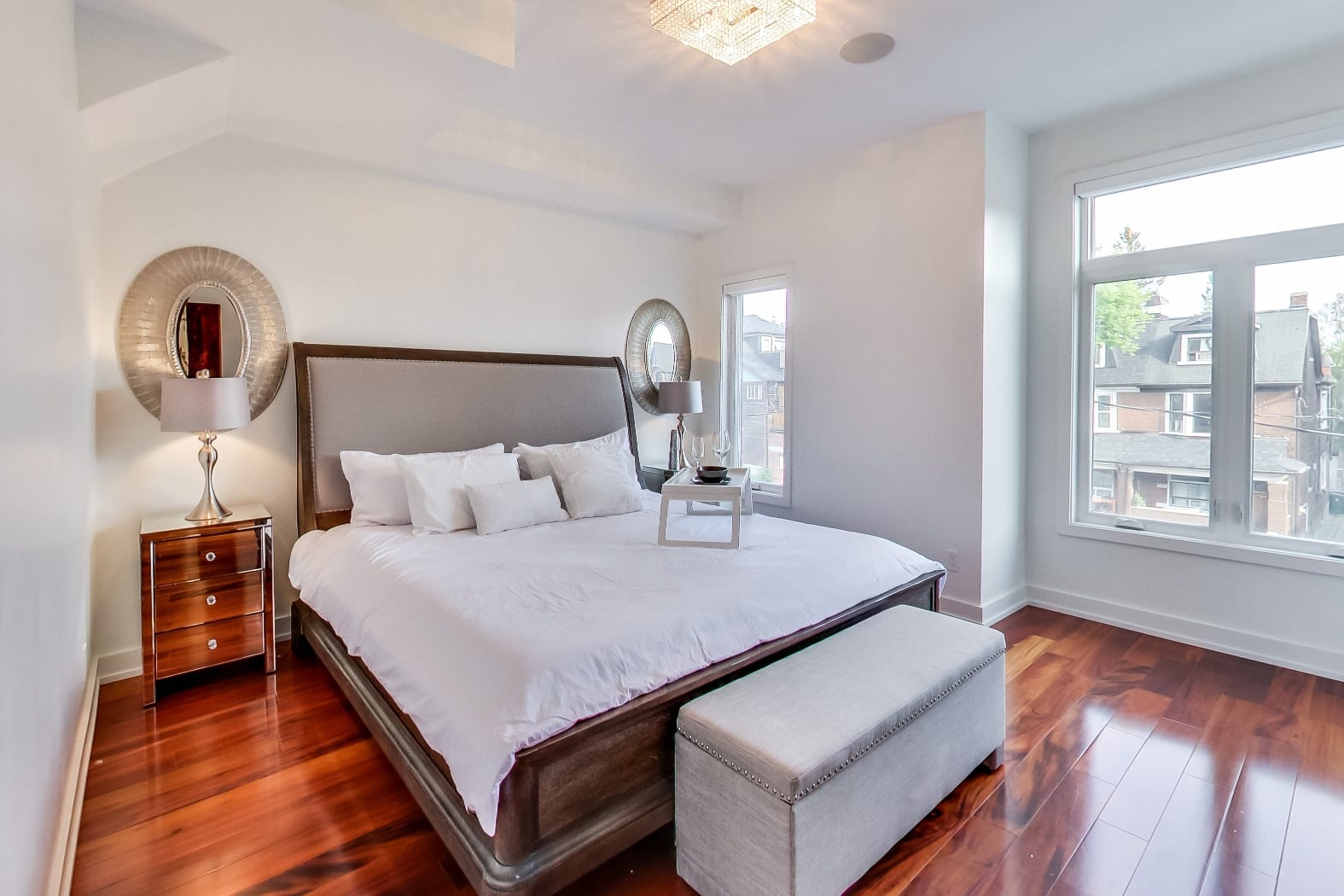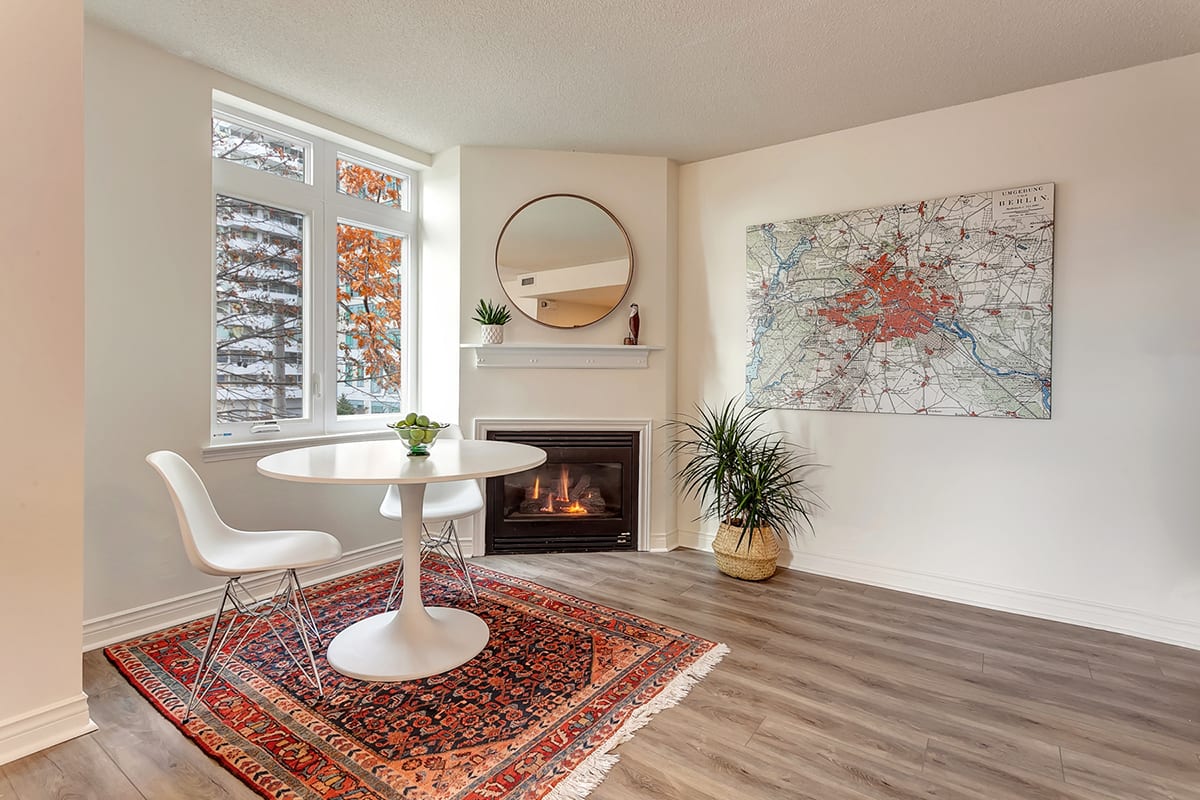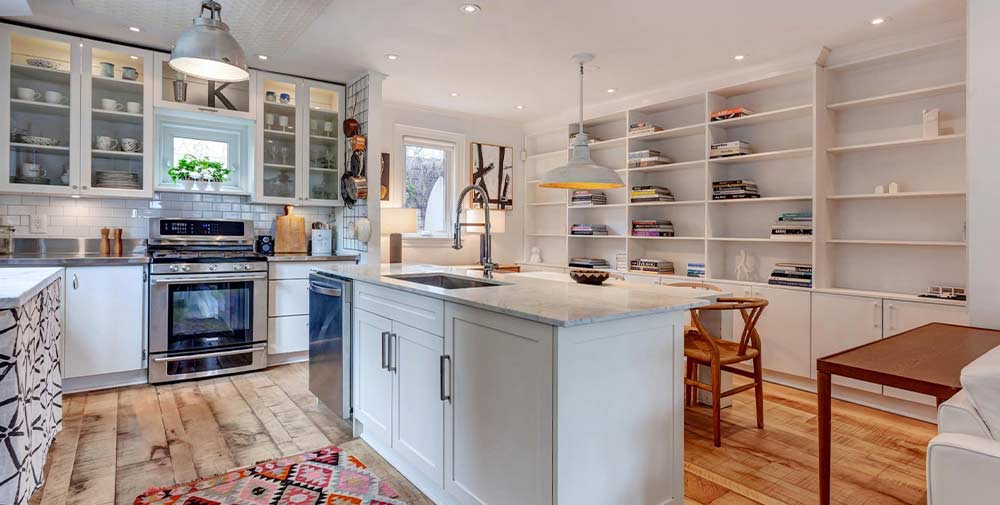While properties tend to sell quickly in Toronto’s hot real estate market, there are times when the selling process takes longer. This can make sellers nervous. Often, anxiety-inducing questions start to form in their minds. How long is too long for my house to sit on the market? My condo has shown several times and hasn’t received a single offer—should I be worried? Is there something wrong with my home—and if so, do I have any hope of selling it for a decent price?
In this post, I’ll delve into the question of how many times a home is typically shown before the owner receives an offer. I’ll also discuss why the selling process can take longer for some properties, and what sellers can do about it.

How many showings before an offer? What is the norm?
In my experience, a lot of homeowners get caught up in thinking about numbers. Precisely how many showings should a seller have during the first week their home is listed? How many should occur before they receive an offer?
I’m hesitant to tell clients what’s “normal” (every situation is different, after all). That said, given the current market, most sellers in Central Toronto can expect upwards of 10 showings during the first several days that their home is listed. If you aren’t seeing anywhere near this level of interest, you might want to consider discussing it with your agent.
Gauging how long it should take to receive an offer can be a bit more complicated. Your neighbourhood, the type of property you’re selling, and general market conditions can all play a role in the length of time you’ll have to wait. But if there’s one factor that stands out above all others, it’s pricing strategy.
If the price is right, it’s entirely possible for a strong offer to come in after just one showing. If it’s too high, you may not see any offers at all.

Haven’t received any offers?
Okay. At this point you’re probably thinking, I understand that every home and neighbourhood in Toronto is different. But how many showings before an offer is considered reasonable? Here’s what I can tell you: if you haven’t received an offer after 30 showings, it may be time to reassess your home marketing strategy—with a strong focus on pricing.
I’ve mentioned this already, but it bears repeating. When you’re home isn’t generating much interest, pricing your home too high is the most likely culprit. Consider the following example.
A seller announces that they won’t be accepting any offers before a specific date. But the first buyer who sees their property is eager. They know the list price—and they’re happy to exceed it—so they make an offer.
This is what’s known as a pre-emptive (or “bully”) offer. When it occurs, it’s usually because the seller’s agent understands the value of (and demand for) the property. Using all of the information at their disposal, they’ve helped the seller set just the right price. This is the key to increasing your chances of booking showings and getting good real estate offers.
It’s also worth noting that if your home isn’t being shown, the problem could be your listing. Remember that, in addition to an attractive price, buyers want to see a well-presented home and beautiful, high-quality photographs. Images that fail to do your home justice could prevent buyers from reaching out to set up a viewing.

What to do about it
So, what can you do to increase your chances of getting a good real estate offer as early as possible? If you haven’t put your home on the market yet, the best advice I can give you is to come out of the gate strong. You can expect the most motivated buyers to come through your home during the first week. Great presentation and an attractive list price will up your chances of making a quick, convenient sale.
If you’ve already put your home on the market and you aren’t receiving the level of interest you expected, work with your agent. An experienced professional should be able to tell you if the response you’re getting is normal (given your home and neighbourhood, as well as the real estate market conditions). If they determine that what you’re doing isn’t working, they can help you find the root of the problem. More often than not, you’ll have to circle back to your agent’s real estate marketing strategy—and, in particular, your pricing.
Need help selling your home? I can help ensure that the home selling process is smooth. Get in touch, and we can set up a time to discuss your needs.





